On Wednesday, March 23, 1921, it was reported that students from the Republic of China were leaving Japan one after another to return to their home countries or to study in Europe or the United States. The Anhui faction, led by Duan Qirui and supported by Japan, was defeated in the Anzhi War, a civil war that broke out in Beijing in July of the previous year, and the Western-backed Anhui faction, led by Cao Qibu and Wu Peifu, took power. The new government, which was dominated by the direct-slave faction, abolished the provision of tuition fees for government-sponsored students to Japan and shifted the focus to studying in Europe and the United States.
Japan enjoyed an unprecedented economic boom during World War I. After the end of the war in Europe in 1918, the country enjoyed a boom for a while, but on March 15, 1920, stock prices finally plummeted in reaction. However, on March 15, 1920, stock prices finally plummeted in reaction to the war, and for exactly one year after that, the recession in Japan gradually became more serious. I would like to introduce an article in the Tokyo Nichi-nichi Shimbun of the same day that shows how even relatively strong zaibatsu companies were suffering from overstaffing.
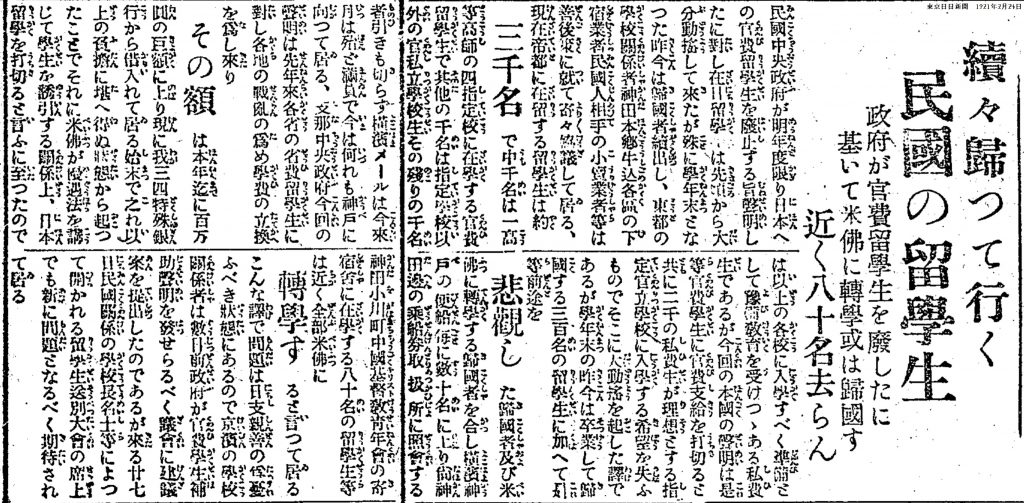

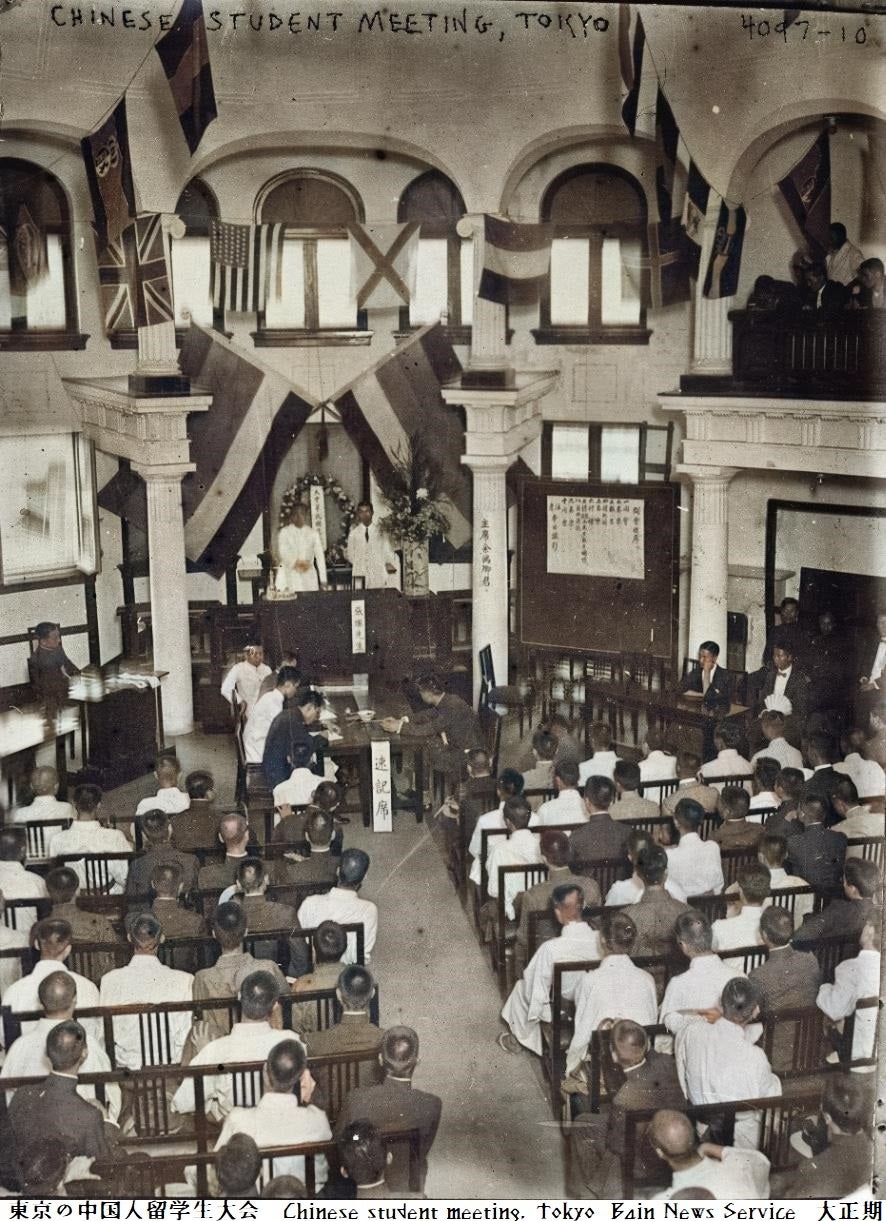
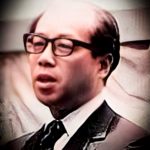
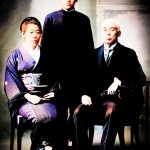
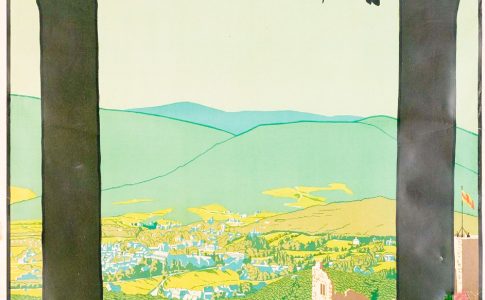

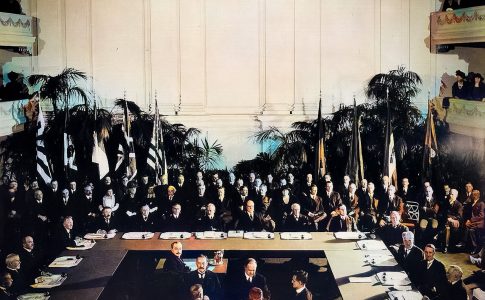

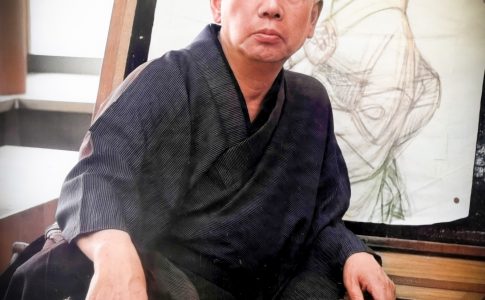
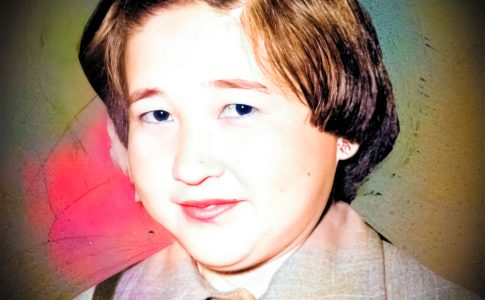
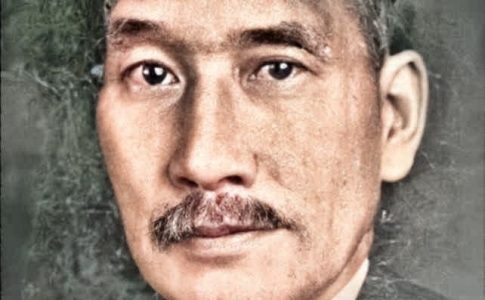
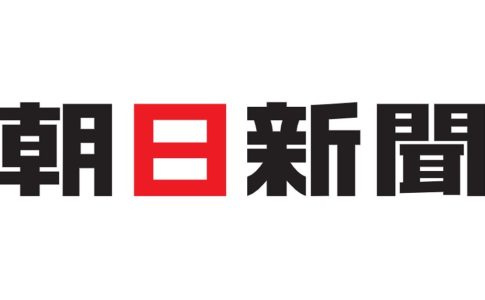
Leave a Reply